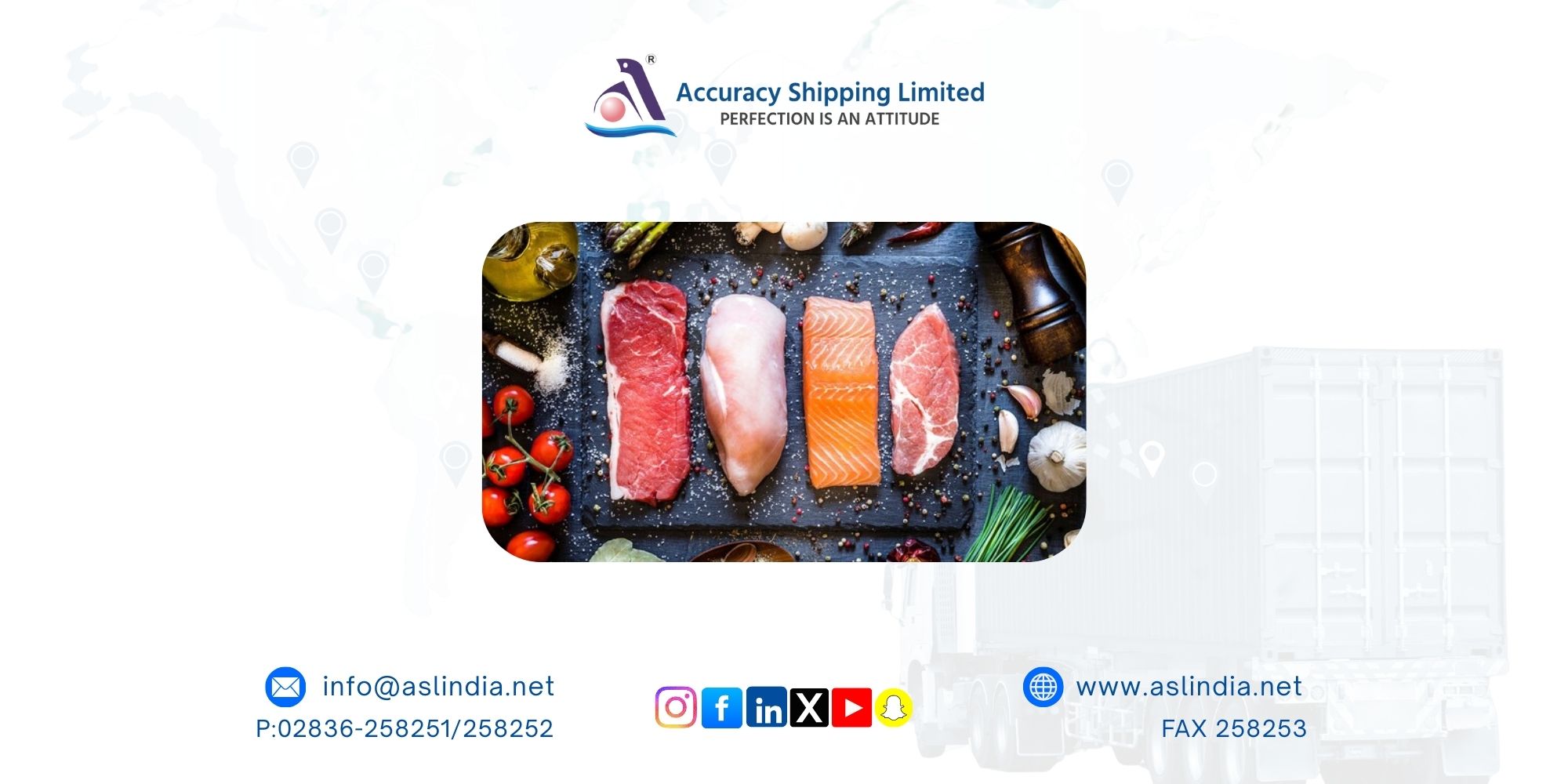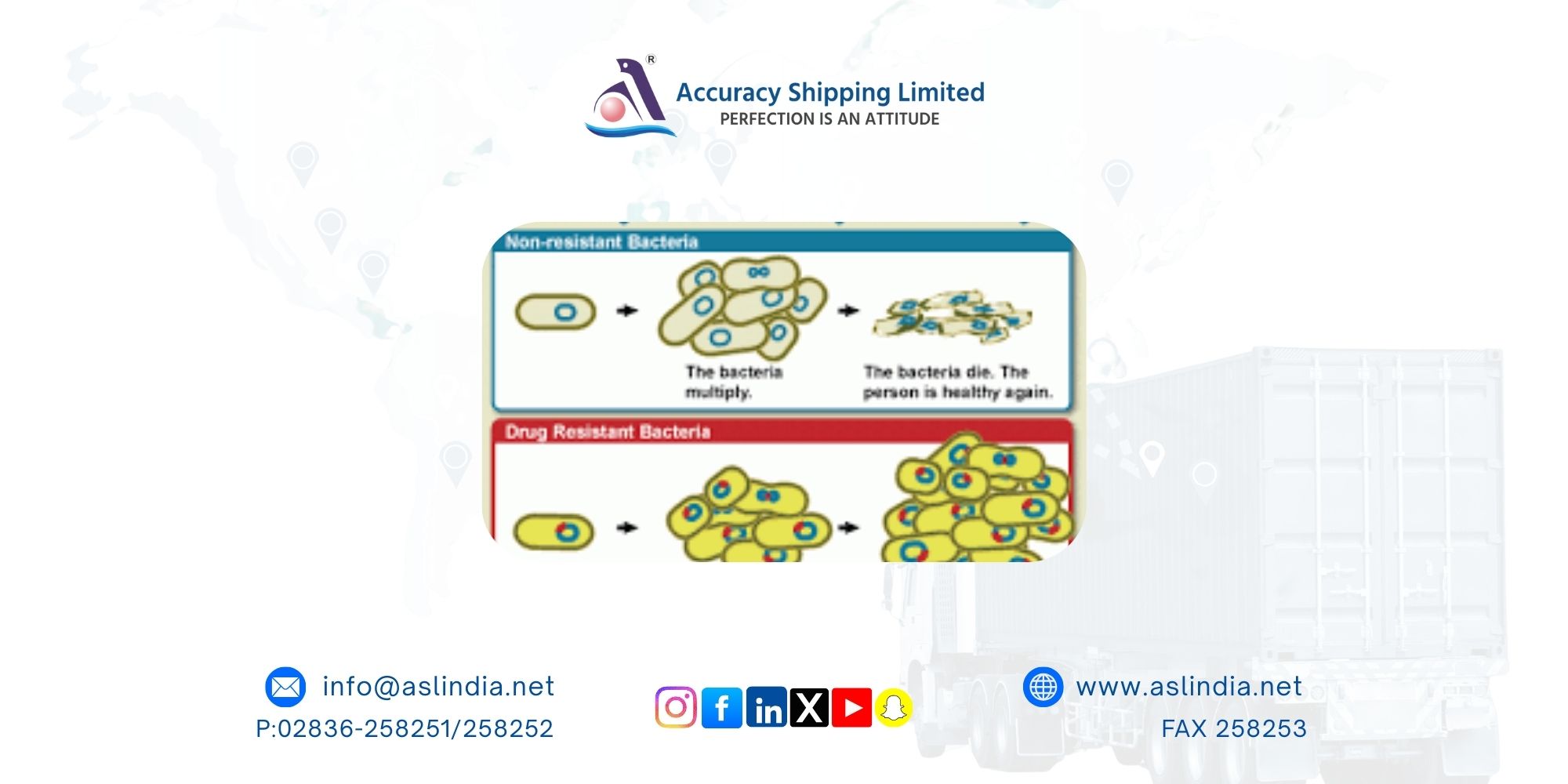What cancer patients can really eat: experts debunk myths on milk, meat, coffee and sugar

After a cancer diagnosis, one of the first worries patients often have is food. The internet is full of myths claiming certain daily foods and drinks cause cancer or worsen treatment outcomes. These fears can lead patients to avoid essential nutrients sometimes causing more harm than good.
So, what should cancer patients really eat?
Nutrition experts from the National Cancer Center (NCC) offer a simple, science-backed answer: a balanced diet.
Clinical nutritionist Lee You-jin emphasizes, “Instead of blindly avoiding foods, cancer patients should make informed choices based on scientific evidence.” With this in mind, here’s what experts say about commonly misunderstood foods from milk and meat to coffee and sugar.
Milk: Safe in Moderation
Many patients fear milk due to the belief that hormones in dairy products cause cancer. Lee clarifies that milk is safe in moderation around one to two glasses per day.
The concern stems from IGF-1 (Insulin-like Growth Factor-1), but Lee explains that the amount in milk is minimal and largely broken down during digestion.
Nutritionist Park So-dam adds that milk is actually beneficial:
“Milk is rich in calcium, vitamin D, and protein, which help maintain bone health and stamina during cancer treatment.” Choosing low-fat or fat-free varieties helps manage calories and saturated fat.
Meat: Reduce Processed, Not All Meat
Should cancer patients avoid meat entirely? Experts say no.
Lee advises reducing processed meats, but not eliminating meat altogether. Park highlights that lean red meat provides crucial nutrients, including protein and iron. According to the World Cancer Research Fund, patients can safely consume 350–500g per week.
Wheat Flour: The Real Issue Is Refined Carbs
The belief that wheat flour directly causes cancer is a myth. Lee explains that the real problem lies in excessive refined carbohydrates items like cakes, cookies, pastries, and sweet breads.
Park recommends choosing foods made from wheat flour that are less sugary and less greasy, supporting a healthier overall diet.
Coffee: No Longer a Carcinogen
Many cancer patients worry about drinking coffee, but the International Agency for Research on Cancer (IARC) removed coffee from its carcinogen list in 2016.
Lee says, “Moderate coffee consumption is not a problem. It may even have benefits.” Park adds that studies show coffee may lower the risk of liver, endometrial, and prostate cancers.
If the stomach is sensitive, opt for decaf or avoid drinking coffee on an empty stomach. Generally, 3–4 cups a day is safe.
Nuts: Beneficial but Eat in Proper Portions
“Nuts lower overall cancer mortality and the incidence of specific cancers,” Lee explains. But since nuts are calorie-dense, portion control is essential.
Park warns that moldy nuts can contain aflatoxins, linked to liver cancer. Proper storage in airtight containers and cool environments is important.
Cooking Oils: Safe in the Right Amount
Are oils harmful? Experts say no, as long as the quantity is reasonable.
Lee states that using oil for sautéing or frying in appropriate amounts is not an issue. Park notes that cooking without a drop of oil can make food unappetizing enjoying meals is also key to a healthy recovery.
Greasy Foods and Sugar: Occasional Is Okay
Greasy foods like pizza and fried chicken aren’t ideal due to high saturated fat, but eating them once or twice a month is generally fine.
Sugar is another major fear. But Lee reassures patients:
“Using sugar in normal amounts for sauces or seasoning poses no problem.”
Even desserts are not completely off-limits. Lee confirms that an occasional sweet treat, such as once a week or on special occasions, is acceptable. In fact, when cancer patients struggle with appetite, small, frequent portions of tolerated foods even slightly sweet ones can help maintain calorie intake.
The Bottom Line: No Absolute Forbidden Foods
Ultimately, experts agree:
There is no universal ‘forbidden food’ for cancer patients.
A balanced diet, mindful portions, and evidence-based decisions are what truly matter. Instead of eliminating entire food groups, patients should focus on moderation, proper storage, and choosing healthier versions where possible.
Cancer care is challenging enough food shouldn’t add to the stress. With the right guidance, patients can nourish their bodies confidently and safely.







